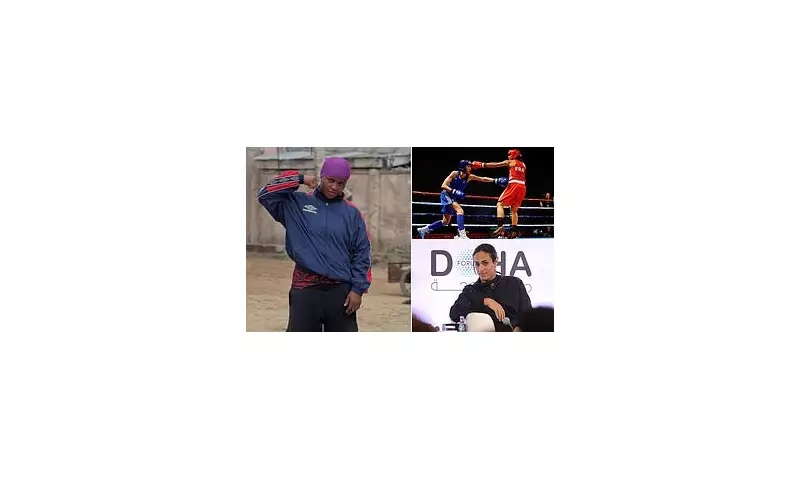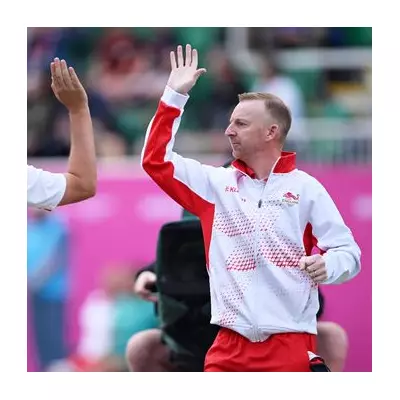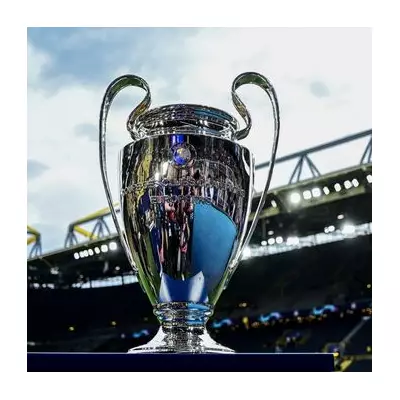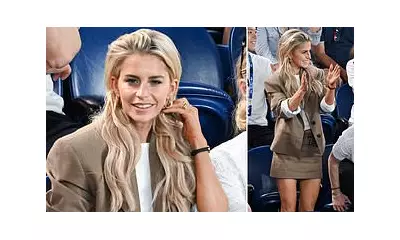
The world of amateur boxing has been plunged into turmoil following a controversial ruling from the International Boxing Association (IBA) that prohibits transgender athletes from competing in women's categories.
The decision, delivered with devastating timing just weeks before the Women's World Championships, has left many fighters heartbroken and facing the sudden collapse of their championship dreams.
A Devastating Blow to Aspiring Champions
Several female boxers have expressed their profound disappointment and frustration at the abrupt policy change. Many had dedicated years of their lives to training and preparation for this prestigious event, only to have their opportunity ripped away at the eleventh hour.
The IBA's new policy mandates that athletes who have undergone male puberty are ineligible to participate in women's competitions, citing "medical and scientific evidence" regarding physical advantages.
Outcry and Calls for Reconsideration
The ruling has been met with immediate backlash from athletes and advocacy groups who argue the decision is discriminatory and fails to follow established, inclusive policies used by other major sporting bodies like the International Olympic Committee.
Critics accuse the IBA of implementing a blanket ban without considering individual cases or the complex nuances of athletic performance, potentially setting a dangerous precedent for other sports.
Timing Adds Insult to Injury
What makes the decision particularly crushing for affected athletes is its shocking timing. With the World Championships looming, there is no window for appeal, adaptation, or alternative qualification, leaving competitors with no recourse.
This move by the IBA, currently led by Russian official Umar Kremlev, continues its pattern of operating independently from the broader international sports community, as it remains suspended by the International Olympic Committee.
The fallout from this decision is likely to continue, raising critical questions about fairness, inclusion, and the future of gender verification policies in competitive sports worldwide.





